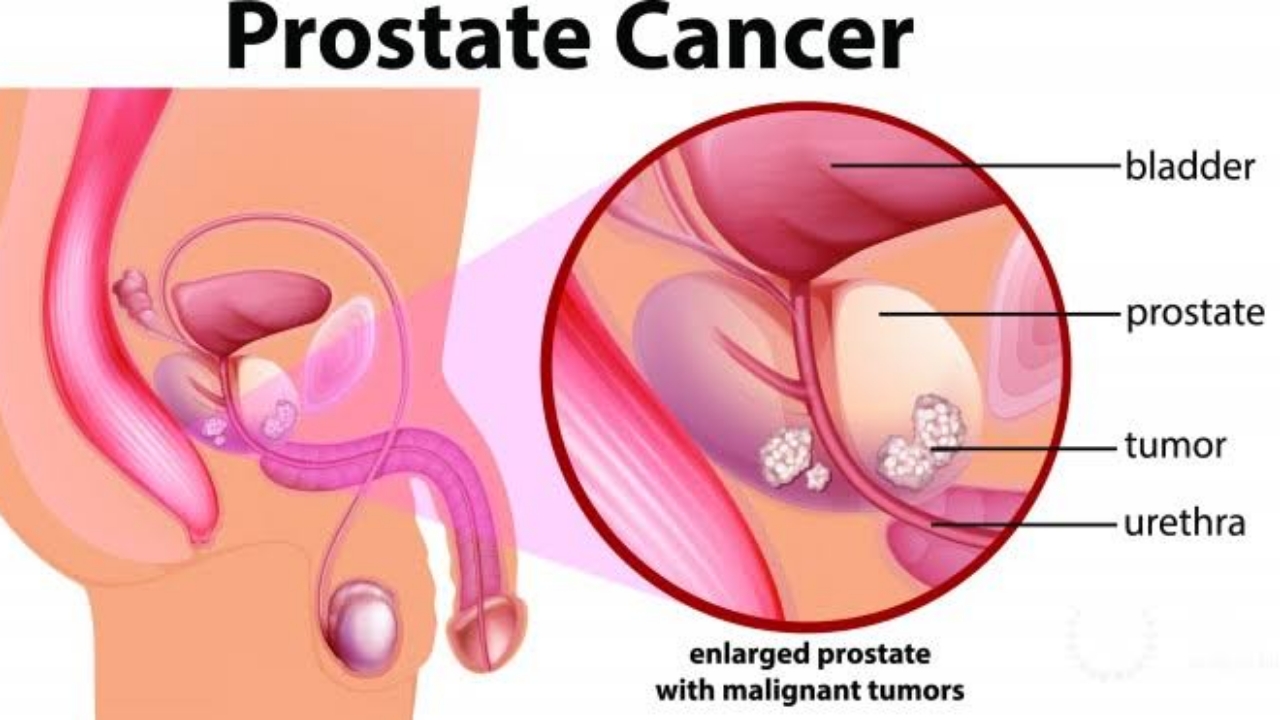

Prostate cancer is a type of cancer that affects the prostate gland. Males have a small walnut-shaped gland called the prostate that generates seminal fluid, which nourishes and transports sperm. One of the most common types of cancer is prostate cancer. Many prostate cancers are slow-growing and limited to the prostate gland, where they are unlikely to cause substantial harm. While some varieties of prostate cancer are slow-growing and require little or no therapy, others are aggressive and spread quickly. Prostate cancer that is discovered early, while it is still contained within the prostate gland, has the best chance of being treated successfully.
In the early stages of prostate cancer, there may be no signs or symptoms. More advanced prostate cancer can generate signs and symptoms such as:
Urination problems
Reduced force in the urine stream
Urine with blood
Semen with blood
Bone ache
Weight loss without effort
Erectile dysfunction (ED) is a condition that affects men
The exact cause of prostate cancer is unknown. Prostate cancer develops when cells in the prostate have mutations in their DNA, according to doctors. The DNA of a cell includes the instructions that tell it what to do. The alterations cause the cells to proliferate and expand at a faster rate than normal ones. When other cells would die, aberrant cells continue to live. The aberrant cells clump together to create a tumour, which can spread and invade neighbouring tissue. Some aberrant cells can break away and move to other places of the body over time (metastasize).
Also Read: Diagnosing Prostate Cancer: Read On
In today's article, we will learn the importance of happiness and how to maintain it…
Today, we will look at three common mistakes couples make in their relationships regarding intimacy…
In this article, we will learn about the simple ways that can help one overcome…
Check out the list of couples' biggest relationship mistakes in this article.
In this article, we will learn about anxiety and how one can handle it in…
In this article, you will understand the horrifying effects of child abuse.